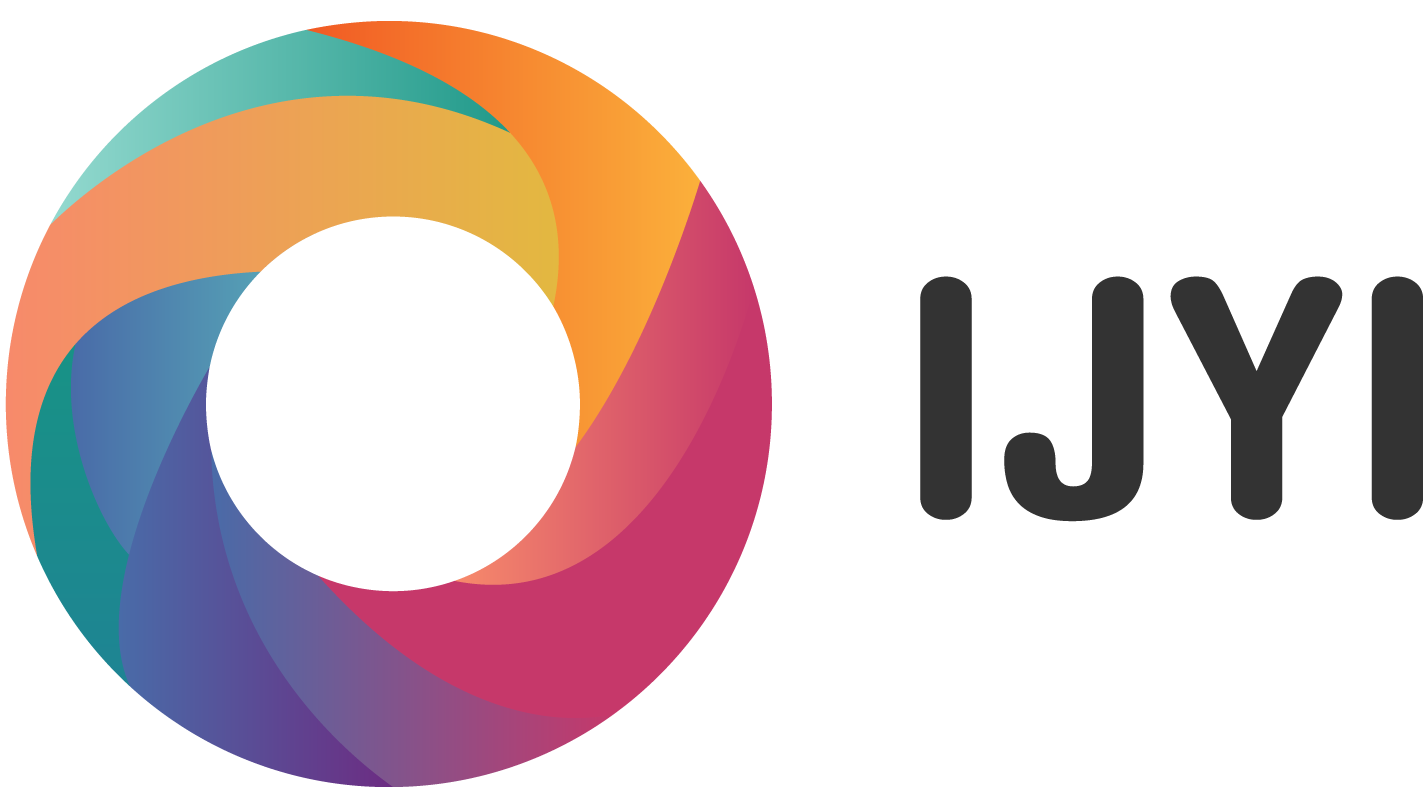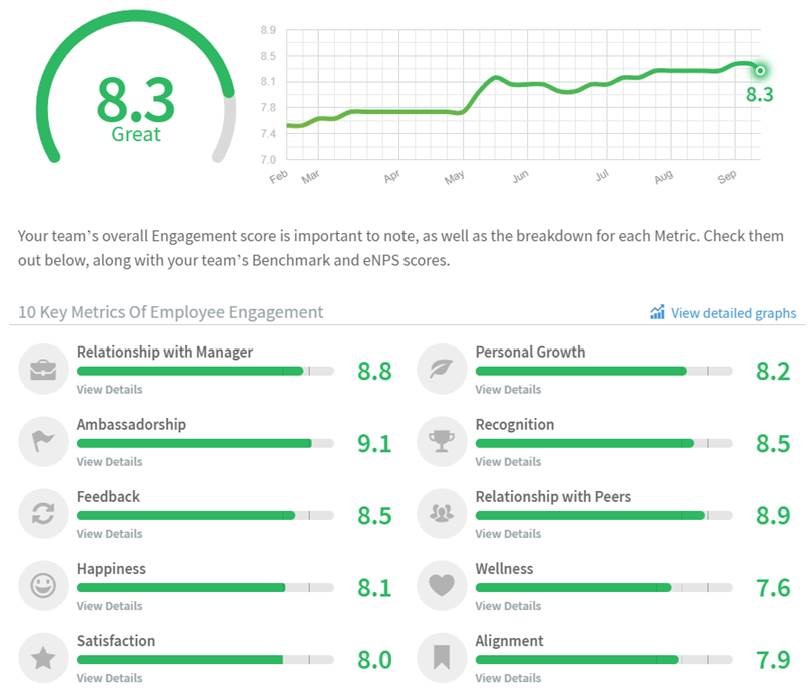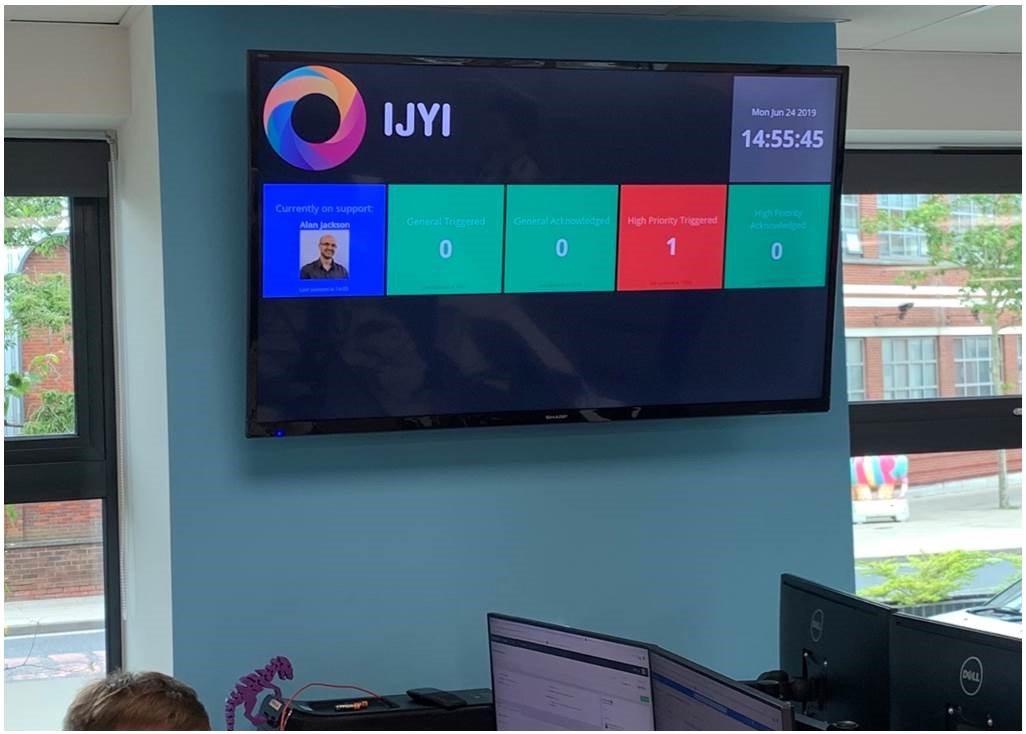OfficeVibe also gives some advice on how to present feedback to the employees and suggests that the bottom two metrics are focussed on, with staff asked what they would like to do to improve those scores.
2. Coaching
Many organisations will meet with staff once per year to discuss performance and salary, which is problematic for two reasons. Firstly the discussion around performance is blurred by the fact that the employee will likely want a pay rise. Instead of being honest around achievements and goals, the employee may be doing everything they can to make themselves look as valuable as possible. Secondly, that means that performance is only discussed once per year, which is nowhere near enough to ensure that employees stay on track to make progress towards their goals.
By separating the pay and performance review processes, we’ve ensured that these conversations stay separate. We’ve put in place a coaching process that happens much more regularly.
Coaching takes the form of 4 different “themes” run once per month. Our coaches were volunteers within our team who wanted to make a difference to other peoples progression. The themes were put together by looking at other top-performing organisations such as Atlassian, Hubspot, and Method, to name a few. The topics we’ve now settled on for the moment are:
· Long Term Goals – Discussing where the employee would like to go long term, and what they believe they need to do to achieve that
· Love and Loathe – What do they love about the company and what they do, and what do they loathe. How can we create a place where they do more of what they love and less of what they loathe?
· Removing Barriers – All the things that stop the employee from achieving their long term goal, and how do we remove those?
· 360 Feedback – We send surveys to the employee’s colleagues to gather useful and structured feedback, present it to the employee and discuss.
From a pay review perspective, we now have a list of behaviours that we would like everyone to exhibit. These range from “Mastering the Trade” and “Being Scrappy” to “We Love IJYI”. We give everyone a standard pay rise of 3% every year, and if someone believes they deserve some more, they can request a pay review. They’ll need to give evidence of what they’ve done against the list of behaviours as well as evidence of market rates, and if it’s agreed, they achieve the pay rise.
3. Training
We’re a technology-based company, and so the landscape is incredibly fast-moving. Everyone must keep up to date with new technology, techniques and methods.
Our training budget includes capacity for at least one “on-site” course per employee, per year and is something that many of our staff make use. Different people learn in different ways, and so some of our staff ask for online courses and books.
Staff Testimonials
Have you seen our careers page? It shows testimonials from our staff about how they feel about working at IJYI. Quotes were gathered relatively painlessly by our marketing manager and not a director telling staff that they needed to give positive feedback. I’m really proud of this, and it’s as a result of the environment and culture that we’re providing at IJYI.
Engagement with new initiatives
Lunch and Learns
One thing we love at IJYI is a good “lunch and learn”! If a member of the team learns something new, a new technology, new process or even just explaining a system that only they have knowledge about, we gather everyone in the boardroom, buy lunch (usually pizza), and they explain to the rest of the team how something works. It’s a great way to spread knowledge, extract yourself from being the “single point of failure” and show the team your expertise! We’ve had lunch and learns on automated testing, containerisation techniques, creating vector graphics, use of social media and
Blog Posts
Since one of the behaviours included in a pay review means showing off your knowledge and expertise to people outside of the company, blog posts are a great way to achieve part of that. Our marketing manager now has a backlog of blog posts to post over the coming months from all across the team, with a number of exciting subjects. Stay tuned!
Dashboards
Some of our staff love playing with a Raspberry Pi. Since we have a strong focus on DevOps, our team took it upon themselves to create some useful dashboards. These are now deployed to the Pi’s and displayed on some large screens across the office. It’s incredibly helpful to be able to look at the dashboard and get a view on if there’s any bugs, support tickets or incidents, and drives behaviour around taking ownership.







About the author
IJYI Ltd
IJYI Ltd.